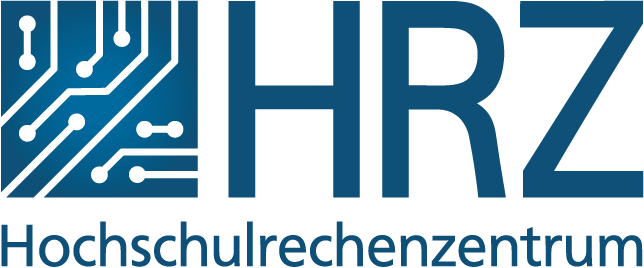Increasing IT security in outgoing email traffic
2024/09/17
From 24 September 2024, not only incoming email traffic will be routed via the DFN gateway, but also all outgoing email traffic. This measure serves to increase IT security. Senders will then also receive a notification about emails that are rejected by the DFN scanners due to critical attachments.

In order to optimally protect the TU Darmstadt from malware, SPAM, phishing and other IT security risks, incoming email traffic from external sources is checked for security risks for all email addresses at the TU. To do this, we use the DFN MailSupport Service, which performs this protective function with the help of virus scanners and other mechanisms.
Outgoing email traffic via DFN gateway
From 24 September 2024, all outgoing email traffic will also be routed via the DFN gateway and checked according to the same rules as incoming emails.
This measure…
- …protects communication partners inside and outside the TU Darmstadt from dangerous emails, e.g. sent by compromised accounts
- …reduces the TU's risk of ending up on blacklists due to a loss of reputation as a result of uncontrolled e-mail transmission, which would affect all e-mail communication with the outside world.
- …serves as preparation for the consistent use of current protection mechanisms such as SPF, DKIM and DMARC.
Notification of rejection of critical attachments
As with the checks on incoming email traffic, senders will be notified of emails that are rejected by the DFN scanners due to critical attachments. In addition, the usual automatic error messages will continue to be sent to the sender address if an email could not be delivered, in accordance with the technical standards in email server communication.
You can find an overview of the reasons for the rejection of an email on the IT security pages (section “email security”).
If you still need to send a file that is rejected by DFN-MailSupport, you can make it available in the Hessenbox and send the recipient a link to retrieve it.
Continue to be careful with email attachments or links
Despite extensive protective measures, emails containing malware or phishing methods will always end up in your mailbox. You should therefore continue to take the necessary care when dealing with email attachments or links that are sent to you.
If you come across a case where an email that you consider to be unproblematic has been rejected, please contact service@hrz.tu-… as soon as possible so that we can investigate the case.

